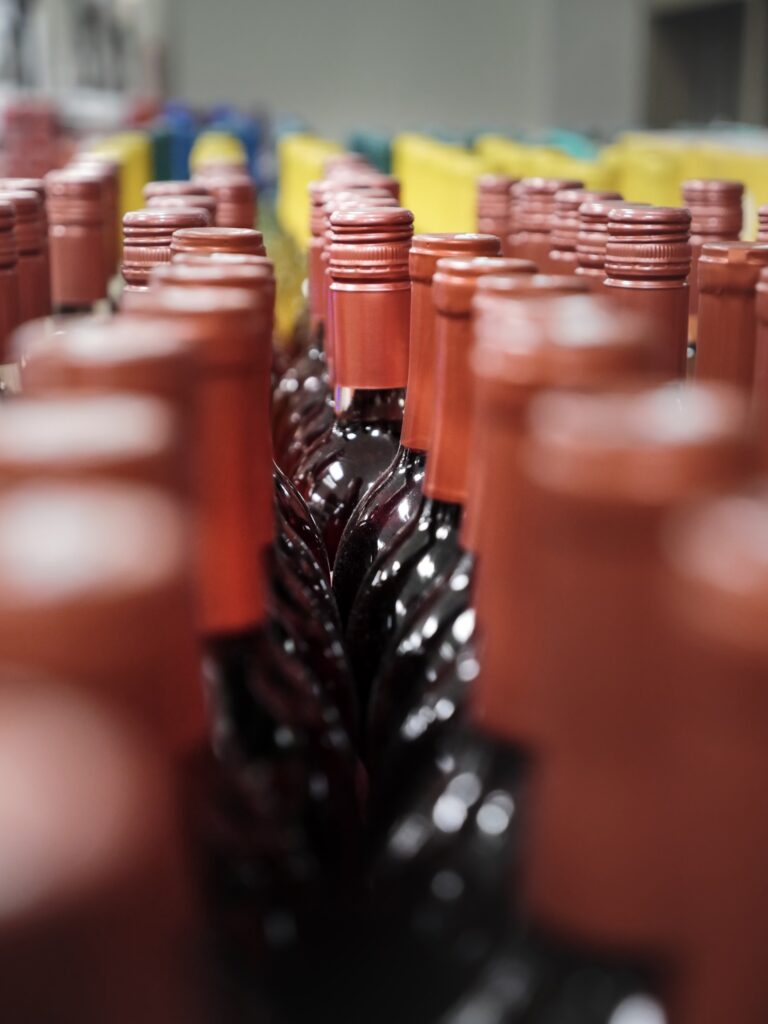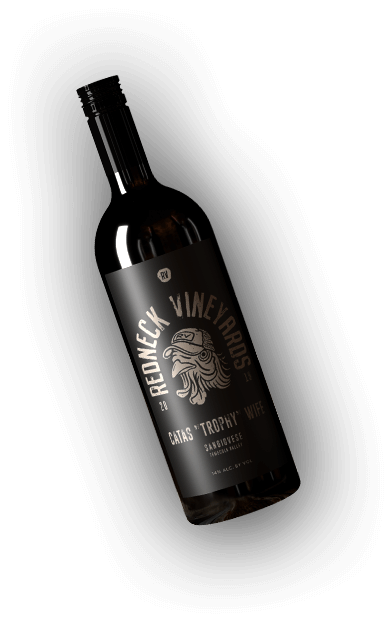Viticulture, Wine, Wine Tasting
Can You Age Screw Cap Wine?
Humans have been aging wine since the time of the Ancient Egyptians. As this ancient society created tighter seals and increased their knowledge of preservatives, older wines gained popularity. So much so that hundreds of wine bottles were found in King Tut’s tomb.
The Ancient Greeks and Romans followed suit, and today, the aging process continues. This process is highly scientific, yielding full, rich, and smooth flavors.
So, how does it all work, and does the type of cap matter? Will a screw cap wine age just as wonderfully as a corked bottle?
Why Age Wine?
Before we discuss the varying options out there, let’s talk about why someone would age a bottle of wine.
Most wines sold today in the United States are made for immediate consumption, no aging required. In fact, around 80% of the wine purchased in the United States is consumed within 24 hours. However, some wine drinkers prefer to cellar certain bottles for a year or two. This process allows the flavors to evolve.
When wines are young, you taste their primary flavors, which many love — like apricots in a Viognier or plum in a Merlot. You can also enjoy secondary notes that showcase a specific technique, like vanilla flavors from oak aging.
Once you age a wine for more extended periods, you get more tertiary notes. For example, honey, earthy notes, or herbal notes may present themselves with development. This transformation is how acids and alcohol react over time, unveiling immense complexity. The color of a wine can change; even its texture can change. It’s an exciting and beautiful thing.
This brings us to whether or not a screw cap is ideal for aging.
The Evolution of the Screw Cap
Screw caps aren’t just for cheap wines, so don’t assume that a corked wine is better than a screw cap bottle. This closure type has been around for decades and has proven to be an optimal alternative to cork. This revolution began to curb the possibility of tainted corks in circulation.
Uncorking is somewhat of a ritual, so corking has not been replaced. Also, a cork is better suited for some wines, particularly complex and red wines, excluding those meant to be drunk young. Bigger, fuller wines benefit from a bit of oxygen, which a cork allows. This is why corks are known for their cellar worthiness to enhance aging.
Screw tops seal tightly, ensuring a wine remains well-preserved and crisp — so the question remains.
Can You Age Screw Cap Wine?
The short answer is yes. It has been proven that a screw cap wine can age well.
The key lies in what wines you attempt to age and how you store them. For the best results, purchase an age-worthy wine and store it appropriately.
Just like many participate in the cork vs. screw cap debate for the best closure, there are also debates in the world concerning aging. Some say cork all the way, but others, like Chief Winemaker Chester Osborn say he prefers screw caps because he thinks his wine ages better with them. As he said in an interview with the Drinks Business, “Screw caps slow down the aging process a bit; it’s like aging wine in a really cold cellar.” He believes the slower his wines age, the better they are.
In 2000, an experiment by winemakers in Australia tested this theory. A total of 250,000 bottles of wine under screw caps were aged. In 2006, it was reported that the wines developed character, becoming rounder and more complex with each passing year.
Since screw caps often slow down the aging process, wine can retain fruit longer. Those who age wine to experience secondary characteristics can enjoy these flavors, but the fruit remains. In that sense, you can gain the best of both worlds. Again, the type of wine will make a difference. Also, a low-quality wine won’t magically get better with age.
Another pro for screw caps when aging wine is avoiding the risk of cork taint. Considering around 5% of all wines with corks result in cork taint, it can be a gamble when you’re waiting a couple of years to take that first sip.
The Way You Store Wine Matters
As discussed, how you store wine is critical to your success. Improper storage can lead to undesirable results, whether you’re aging a corked wine or a screw cap wine.
Some of the top tips include:
- Keep it dark.
- Keep it cool (55°F or 13°C during the aging process).
- Know what wines you should age — Pinot Noir, Zinfandel, Syrah, and Chardonnay are all great choices.
- Lay bottles horizontally.
Don’t have a wine cellar? No problem. Read this guide to learn how to store wines properly.
Ready to sample the Sweet Oaks collection? Browse our wines today!



